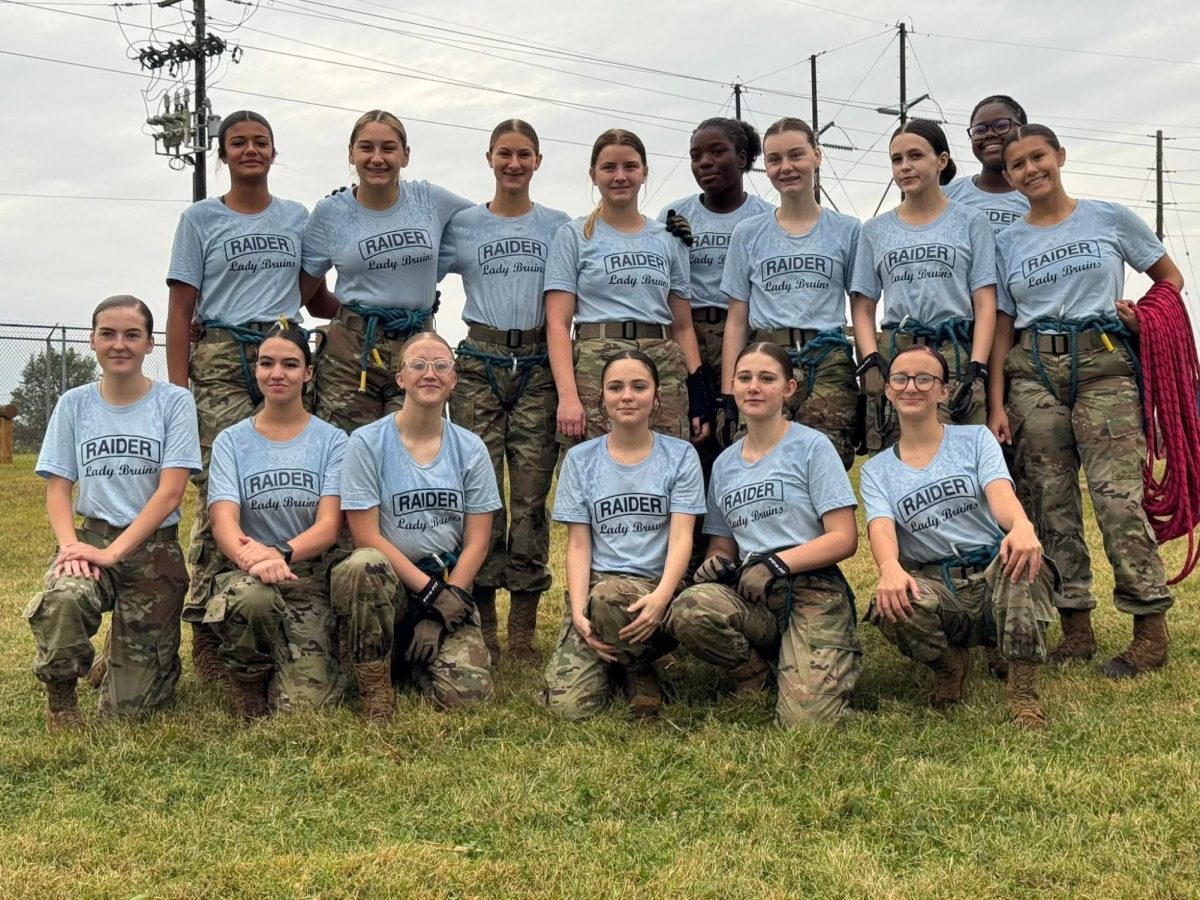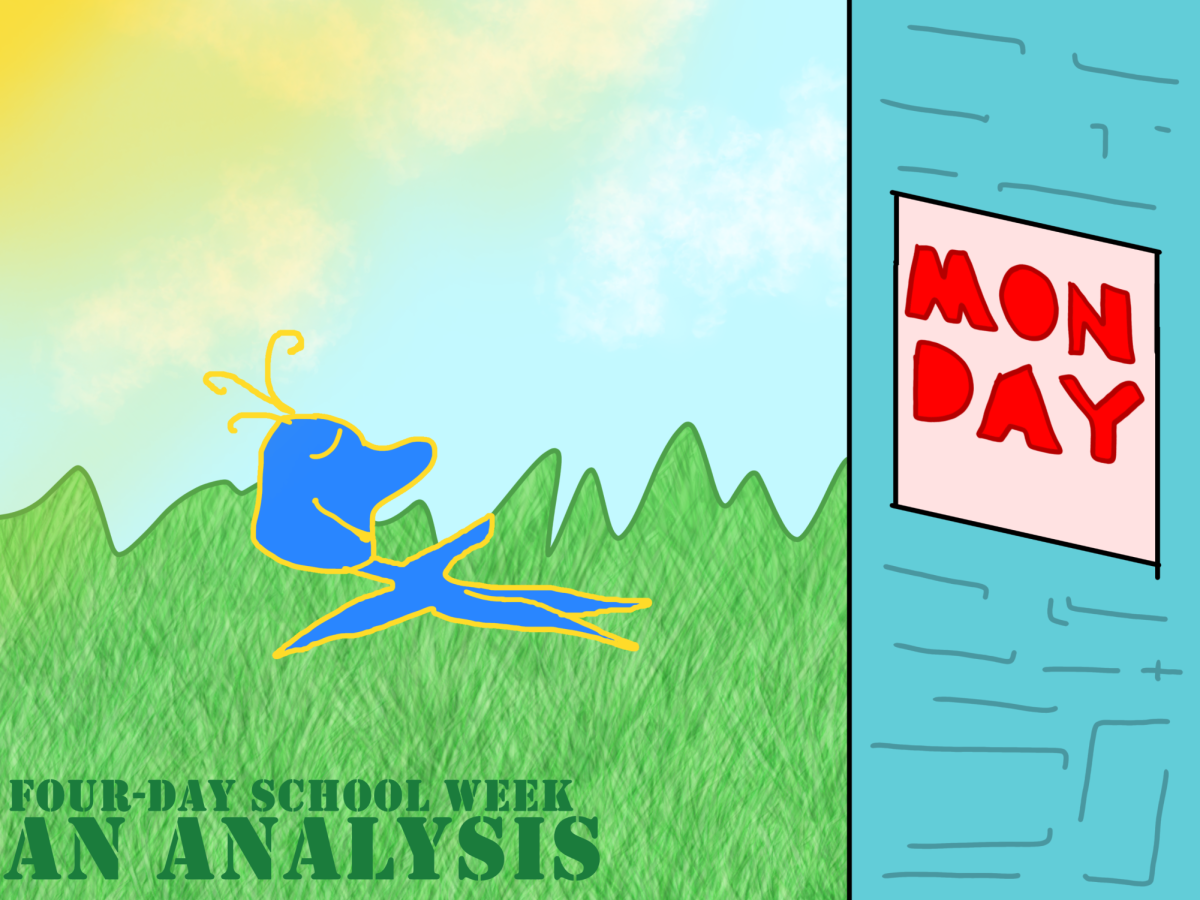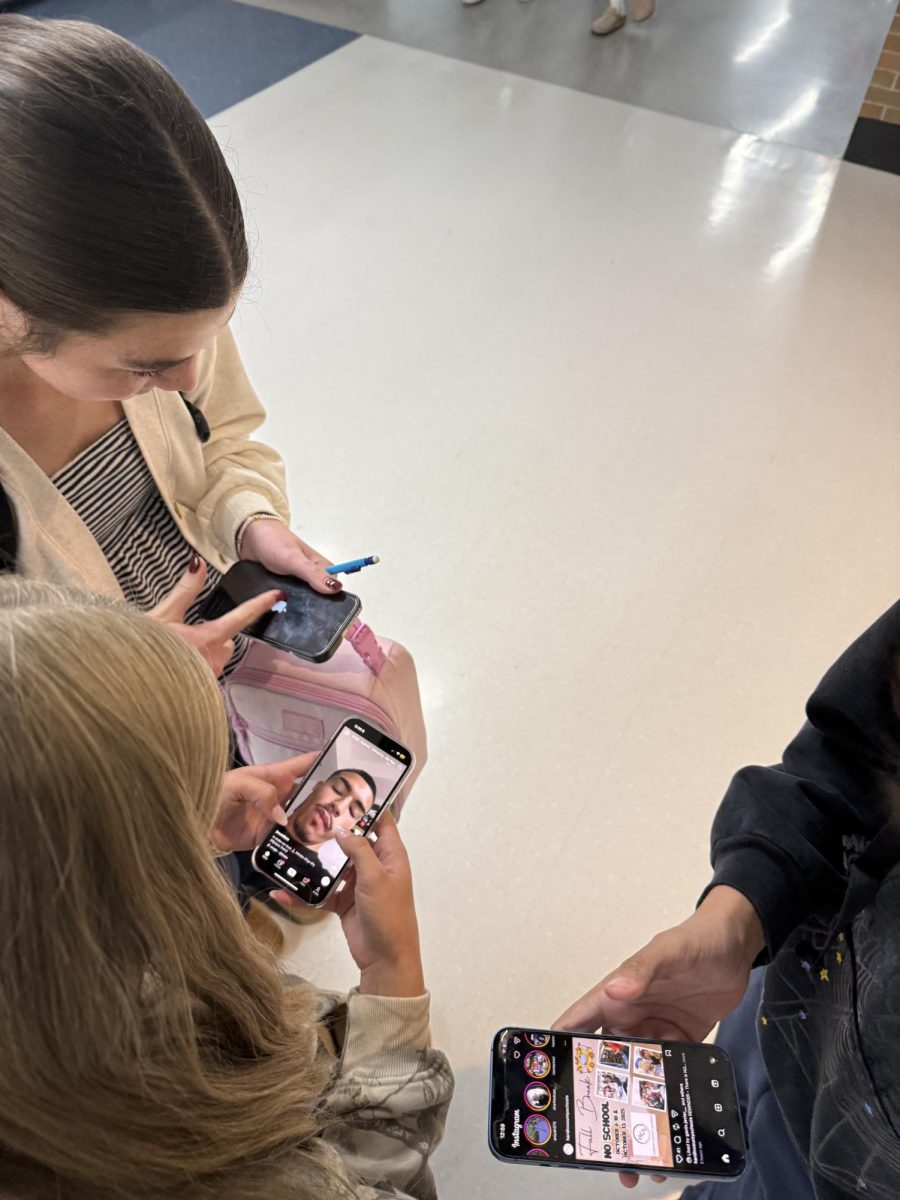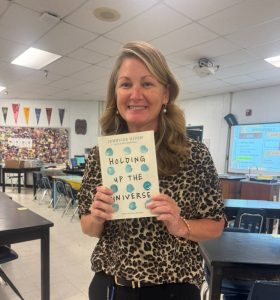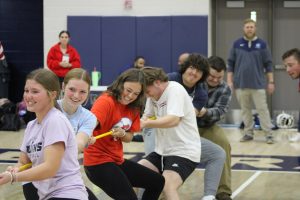Club Attendance Has Been Falling, and Everyone’s Favorite Hour of the Day Might Be Why
September 11, 2019
Club attendance in recent years has been declining steadily at Central Hardin, and staff thinks PowerHour is the cause.
This plunge in the amount of people showing up to club meetings has not gone unnoticed by the staff or administration.
Art Club sponsor Whitney Carpenter said that last year the club had 75 members, yet only 20-25 people show up to every meeting.
The teachers involved in clubs here at Central, and the administrators who want the students to have these opportunities are disappointed by how many people have skipped out on their club duties.
To get more information about how severe this problem might potentially be interviews with two staff members who are sponsors of very popular clubs, and also our principal Mr. Isaacs. They had very strong opinions on the subject.
Mr. Isaacs actively monitors the clubs here at Central, and he believed that PowerHour was entirely responsible for the decrease in attendance at meetings.
He explained how the previous protocol for clubs to meet was that during class one day a week, certain clubs would meet, and all of the students would get to leave class. To him it doesn’t seem to be a coincidence that kids stopped showing up when they didn’t get to skip class for it.
“I think that tells you that 75% of people were only in clubs to get out of class. They weren’t active participants,” Isaacs said.
Kacie Meyer, sponsor of Y-Club, had a very similar opinion on the matter. As a former high school student here not too long ago, she is very aware of how clubs have changed. In her account of how people treated clubs at the time, everyone would have a good time getting out of class and going to a club, even if they weren’t very invested in the club.
So how do club sponsors get kids to show up and care about clubs if they have no incentive to go to the meetings? Meyer believes that kids should be as involved as they want with clubs, and they shouldn’t be forced to participate if they’d rather not.
“Also, if you’re not showing up you’re not gonna know what’s going on, and what’s the point of being in the club to begin with other than wasting your parents’ money?” Meyer said.
Isaacs also believes that kids were becoming disinterested because teachers were letting them get disinterested. He thinks that since teachers are getting the help they need from the few students who are fully engaged, those who float through the club don’t really bother them.
“I think it’s put an onus on more club leaders to make their clubs more relevant,” Isaacs said.
Carpenter thought clubs were a very important outlet in students’ lives, and that they can foward you through high school, and maybe even college.
“That’s how you meet other people, that’s how you make friends, that’s how you show that you are involved and that you are invested in the school,” Carpenter said.


